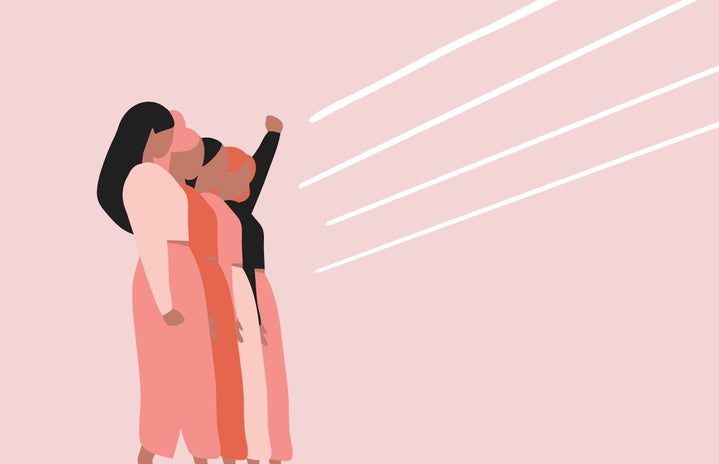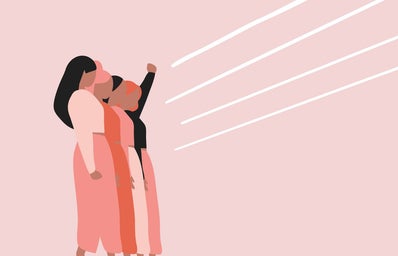With huge events coming up like midterms, the presidential election, and the holiday season, everyone’s a little on edge right now. Stressful times typically cause stressful interactions. Whether you’re finding yourself actively getting into screaming matches, or just being mildly annoyed with everyone, practicing empathy will give you a dose of positivity and keep you calm during this disaster of a year.
Practicing empathy with others will help you to avoid being stressed out by their actions. It will help you to treat other people and yourself with more kindness and respect, which are a few things we all currently need a little more of. Sounds great, right?
So, what is empathy? How do you practice it?
My best explanation of empathy is putting yourself in someone else’s shoes. It is looking for and trying to understand the perspective of another person. So when your friend lashes out at you for a seemingly insignificant reason, instead of getting angry about it, up your empathy and think about why they acted the way they did. Are they stressed out? Did they have a bad day? Are they annoyed with you about something? Often, we get upset with others because we think there is no justification for their actions. Sometimes there just isn’t a reason, but most of the time people act with a cause. Justifying the actions of another person, even if the justification seems silly, can help you to stop internalizing and taking everything to heart, which will ultimately relieve stress in your life.
Putting yourself in another person’s shoes not only helps you to come up with a reason for what they are doing, but occasionally, it can also help you to reflect on your own actions. For example, if that friend lashed out on you because they’re annoyed with you, practicing empathy for that person can help you acknowledge and fix the problem. If you use empathy to identify your own behavior toward someone else as an issue, you can think further about what exactly you are doing wrong and how you can alter your behavior to improve your interactions and relationships.
Practicing empathy for others fosters kindness and respect. When you look for reasoning and accept a person’s behavior for what it is, it leads you to learn more about others, gain patience, and learn to be kind to people when they aren’t kind to you. Gathering information about people, their behaviors, and the reasons behind them through being empathetic can help you to form deeper bonds in current relationships and create bonds with people that you haven’t had before. You can gain patience for others when you slow down to search for a reason in their behaviors, and you can learn to be kind to them for the sake of brightening their day. It is a lot easier to combat negativity with love and positivity when you can find justification for poor action(s). Having empathy for others and gaining patience can assist in your relationship with yourself as well. When being empathetic, observe the kindness you are giving to other people and give the same to your own person. Observe the patience you have with others, turn it around, and have that same amount of internal patience. Being good to others can easily translate into being good to yourself, and we need all the good we can get in the world today.

